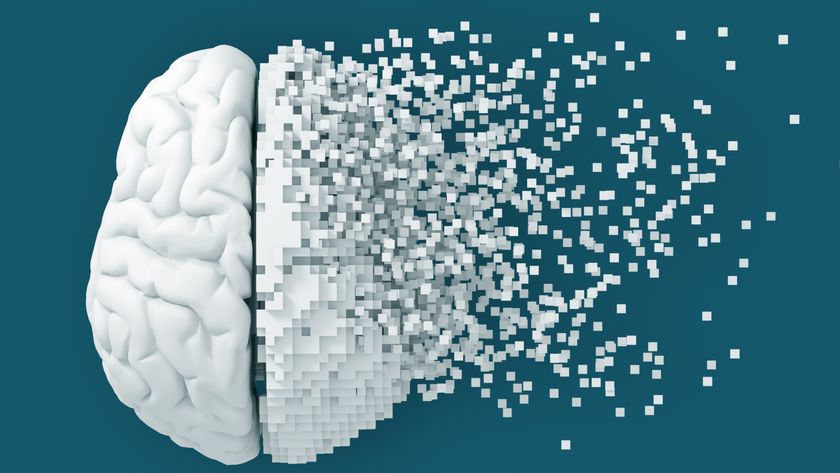Autism And Morality: Outcomes Matter More Than Intentions
Imagine this: Janet and her friend are kayaking in a part of the ocean with many jellyfish. Janet had read that the jellyfish aren't dangerous, and tells her friend it's alright to swim. Her friend is stung by a jellyfish and dies.
Who's to blame?
Researchers who used this scenario in a recent study found that people with autism were more likely to blame Janet for her friend's death than people without autism . Most normally functioning people understand the death of Janet's friend was accidental, because Janet didn't realize the jellyfish were poisonous, they said.
But people with autism may perceive morality differently than normally functioning people because they focus more on the outcomes of situations, rather than the intentions of the people in those situations , said study researcher Liane Young, a researcher at Massachusetts Institute of Technology. The ability to distinguish between intention and outcome is called "theory of mind."
The study "shows that some of the ways in which we make moral judgments are rooted in the brain, in physical processes," Young told MyHealthNewsDaily.
The study was published online today (Jan. 31) in the journal Proceedings of the National Academy of Sciences.
The blame game
Sign up for the Live Science daily newsletter now
Get the world’s most fascinating discoveries delivered straight to your inbox.
Young and her colleagues tested the theory of mind in 13 adults with autism and 13 normally functioning adults. They presented the people in the study with about 50 scenarios, including the jellyfish story.
Although normally functioning people gave many different responses when it came to assigning a "right" or a "wrong" to the scenarios, one trend was clear: People with autism were all more likely to blame someone involved in an accident than the normally functioning people, she said.
Moral judgment is a complex social cognitive process, but it is also influenced by moral education, Young said.
"We learn in schools and at home the value of forgiveness, for example, to forgive and forget that so-and-so didn't mean to do such-and-such," she said. "Of course, this learning may impact the brain, too."
Painting a picture of the mind
Young conducted a similar study last year by offering the same scenarios to patients who had damage to their ventromedial prefrontal cortex, the part of the brain responsible for planning and decision-making.
She found that these patients did not get upset with people who had malicious intentions that didn't go as planned. For example, they were not upset with someone who tried to poison another person with mushrooms, but the mushrooms turned out to be benign.
These two findings that people with autism have trouble understanding innocent intentions, and that people with a certain type of brain damage have trouble understanding malicious intentions help paint a picture of how the brain processes morality, Young said.
The researchers are now looking at whether people with autism have irregular activity in the brain region on which the theory of mind centers. This research could help give "a complete understanding of the psychological and neural mechanisms that are affected and unaffected in autism," Young said.
Pass it on: People with autism tend to focus on the outcomes of situations, rather than the intentions of the people in the situations.
- Autism: Symptoms, Diagnosis & Treatments
- Beyond Vaccines: 5 Things That May Really Cause Autism
- Vaccines and Autism Timeline: How the Truth Unfolded
Follow MyHealthNewsDaily staff writer Amanda Chan on Twitter @AmandaLChan.



